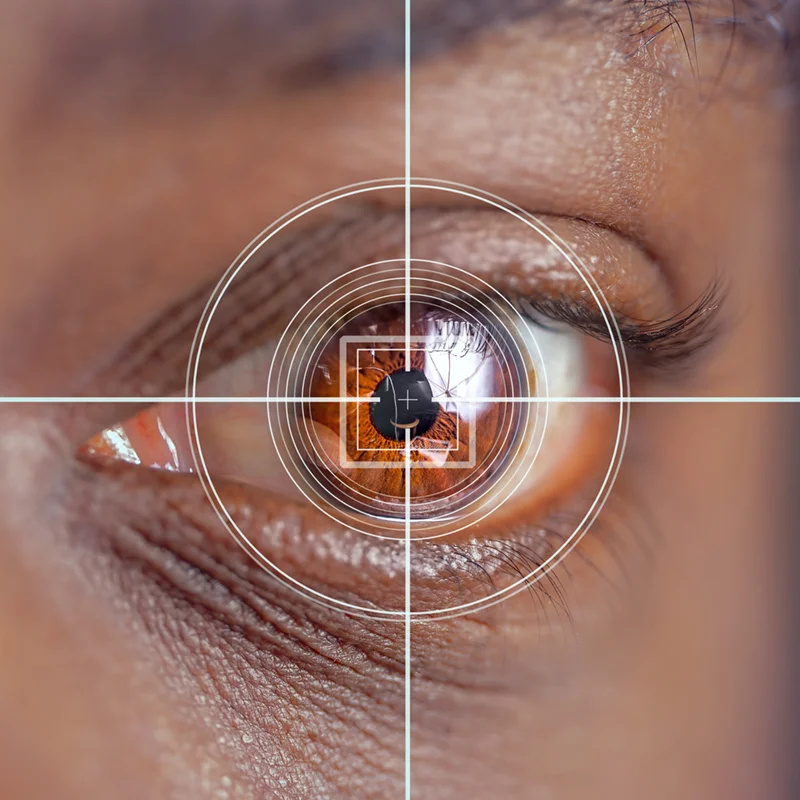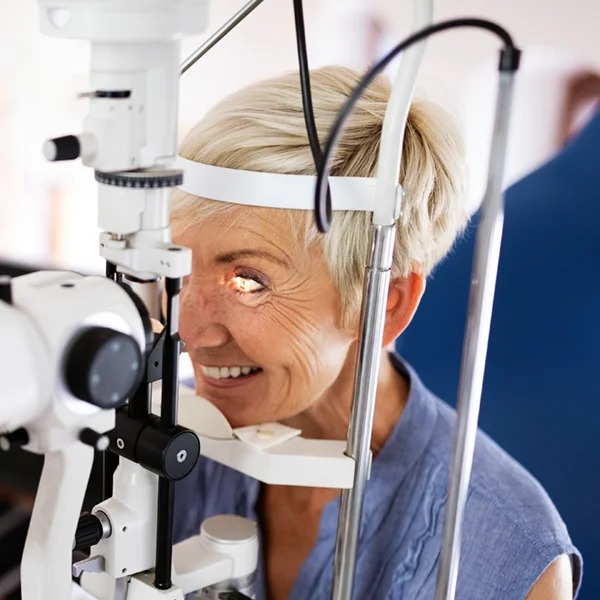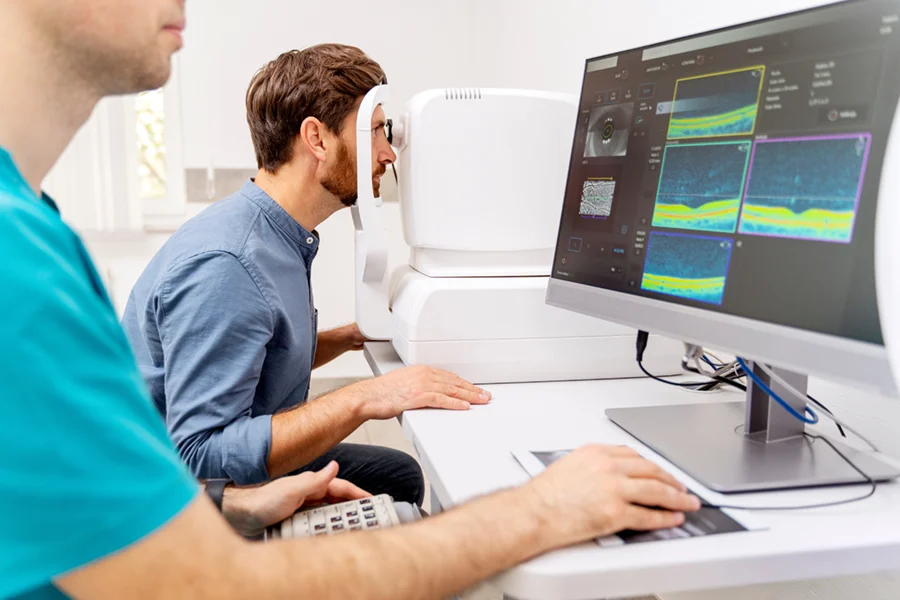ABOUT US
Our Mission
Empowering Healthcare
HealthCare Registries is dedicated to revolutionizing patient care by empowering healthcare professionals with innovative software solutions. Our mission is to optimize patient care by seamlessly extracting and presenting clinical data, enabling practitioners to make informed, effective decisions. We believe in the philosophy that the best patient care is rooted in three fundamental pillars:
- Coordinated Care: We advocate for a synchronized approach in patient treatment, where communication and collaboration amongst the entire healthcare team are paramount. Our technology fosters an integrated care network, ensuring that all healthcare providers involved in a patient's journey are aligned and informed.
- Patient-Centered Leadership: At HealthCare Registries, we uphold the principle that patients should be at the forefront of their care management. Our tools are designed to empower patients, placing them in a pivotal role where they lead and actively participate in their treatment processes.
- Data-Driven Decisions: The core of our mission lies in harnessing the power of shared data. We are committed to extracting vital clinical information and transforming it into comprehensible, actionable insights. This approach not only enhances the decision-making capabilities of healthcare professionals but also ensures that care strategies are tailored to each patient's unique needs.

HealthCare Registries is reshaping the healthcare landscape through our state-of-the-art software, making it more efficient, patient-focused, and data-driven. We are unwavering in our commitment to ‘Empowering Healthcare’ by bridging the gap between technology and optimal patient care outcomes.

About HealthCare Registries
Transforming Clinical Decision-Making
HealthCare Registries is at the forefront of revolutionizing clinical decision-making for eye care professionals. By providing real-time clinical outcome analytics, we empower you to make informed decisions that directly impact the quality of care and operational efficiency of your practice.
- Offers “real-time” clinical outcome analytics.
- Focuses on practical issues impacting care quality and practice efficiency.
- Types of registries: Reporting Registries (MIPS scores) and Clinical Outcome Registry (clinical outcome analytics).
- Inspired by models like the American College of Cardiology’s National Cardiovascular Data Registry.
Clinical Outcome Analytics vs Evidence-Based Studies
Sharing Clinical Experience through Analytics
Our approach to clinical outcome analytics bridges the gap between traditional studies and real-world application. While evidence-based studies lay the foundation for best practices, our analytics focus on the effectiveness of implementing these guidelines in actual patient care.
- Studies establish guidelines; analytics measure guideline implementation effectiveness.
- Helps understand specific changes in patient outcomes.
- Inspired by models like the American College of Cardiology’s National Cardiovascular Data Registry.


The Need for HealthCare Registries
Case Study: Management of Age-Related Macular Degeneration:
HealthCare Registries plays a crucial role in managing conditions like age-related macular degeneration. By analyzing guidelines and their implementation, we help practitioners choose the most effective treatment strategies.
- Utilizes guidelines to support effective clinical practices.
- Tracks and compares various approaches to patient care.
- Enables data-driven decision making for better patient outcomes.
- Provides insights beyond evidence-based information, exploring combined therapy approaches.
Supporting Scientific Studies
Empowering Research with Advanced Analytics
HealthCare Registries is an invaluable resource for supporting scientific studies, particularly post-FDA approval research. Our robust analytics capabilities facilitate the extraction of real-time data from EHR systems and the integration of data from multiple sources.
- Studies establish guidelines; analytics measure guideline implementation effectiveness.
- Helps understand specific changes in patient outcomes.
- Inspired by models like the American College of Cardiology’s National Cardiovascular Data Registry.


